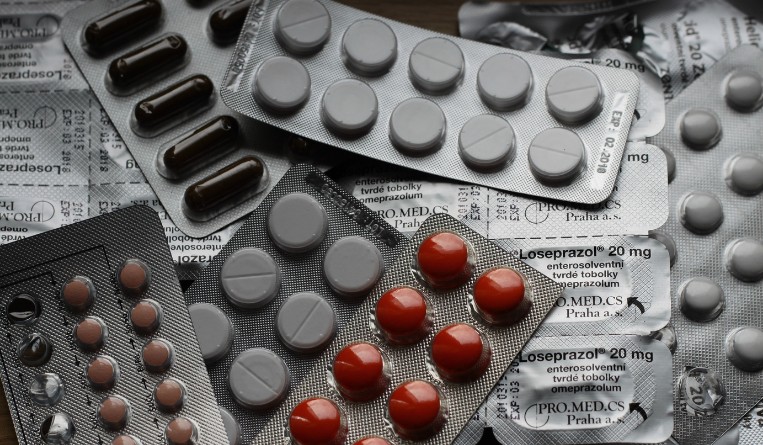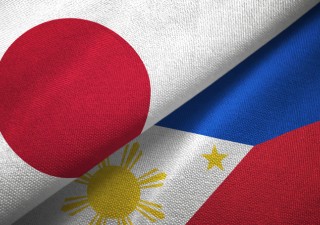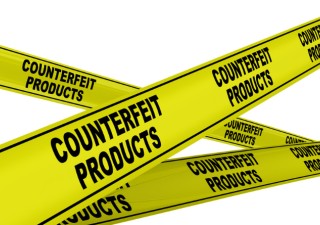IPOPHL collaborates with the Pharmaceutical Security Institute to combat the rise of counterfeit pharmaceuticals
30 November 2021

The Intellectual Property Office of the Philippines (IPOPHL) and the Pharmaceutical Security Institute (PSI) have signed a memorandum of understanding (MOU) to combat the rise in counterfeit medications and pharmaceutical goods on the market.
"This synergy with PSI will help us better defend the value of IP that is designed for our country's economic gain and, of course, protect our customers," IPOPHL Director General Rowel S. Barba stated at the virtual signing of the MOU on November 18.
The MOU will serve as a framework for building capacity, raising awareness, and exchanging information on counterfeit medicines and pharmaceutical items in order to reduce their sale, supply, and use.
The alliance was formed in order to solve the issue of providing safe medications and maintaining integrity across the pharmaceutical supply chain.
The MOU said that "the necessity for expanded cooperation between pharmaceutical firms and government organizations regulating intellectual property (IP) has grown more important," since this problem is causing more concern nowadays.
PSI President and CEO Todd Ratcliffe praised IPOPHL's efforts in forming their new relationship, highlighting the critical need for large-scale cooperation on a global scale. This, despite the fact that counterfeiting poses a major threat to public health and safety, is a global dilemma faced by underfunded investigative groups and the low priority given to such cases by other enforcement bodies.
Ratcliffe said that in the last six years, counterfeiting has shifted from lifestyle pharmaceuticals like weight loss hormones to life-saving treatments like cancer meds, where there is more profit to be made.
PSI's largest contribution to its engagement with IPOPHL was its "huge intelligence base of bad actors," which was compiled over 20 years of effort.
"We urge our members to call us at the start of a case to see if we know anything," Ratcliffe said. "We have a positive fit on our database 50 percent of the time."
All PSI members are obligated to exchange information in order to comply with law enforcement regulators and preserve public health, according to him.
The PSI is a membership-based, non-profit organization devoted to exchanging information on pharmaceutical counterfeiting and initiating enforcement proceedings through the proper authorities.
PSI, established in Virginia, has representative offices in Miami, Florida, Singapore, and Stockholm, with 37 pharmaceutical manufacturing members from various nations.
Pharmaceutical and personal care items totaled P29.04 million from January to July this year, up from P1.46 million in the same time in 2020, according to preliminary statistics from the IPOPHL-led National Committee on IP Rights.
The International Criminal Police Organization confiscated $23 million in counterfeit and illicit medications and medical items in May 2021 alone, with unlawful COVID-19 testing kits accounting for more than half of the total.
Excel V. Dyquiangco






